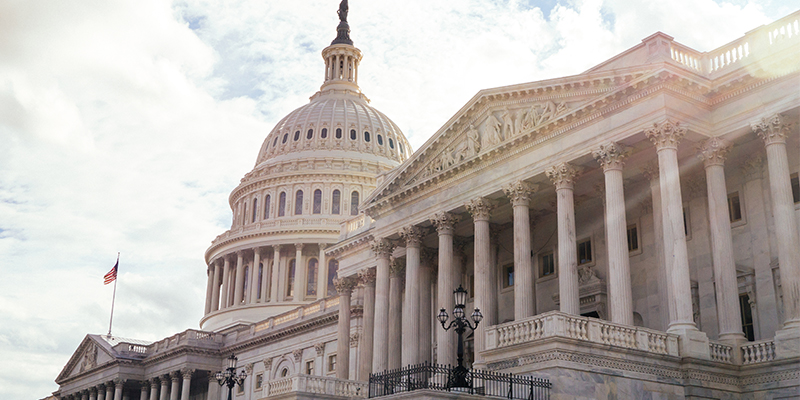The nation witnessed the inauguration yesterday of Joseph R. Biden Jr., the 46th president of the United States. As is usually the case with a new administration, much of the nation’s attention will be focused on new proposals or actions taken by the new president that will determine federal policy on a number of issues. But while there is a new president and a new U.S. Congress in Washington, D.C., our association also needs to be watchful of policy initiatives being proposed at the state and local levels. We should also continue to monitor grassroots efforts by groups advocating policies that can hinder commercial development industry, including wage theft ordinances.
What exactly is wage theft?
Legal Match defines wage theft as “the unlawful practice of employers not paying their employees the full amount for the work they have performed.” Federal law on this issue is limited. The Fair Labor Standard Act of 1938 (FLSA) establishes a national standard on labor matters, including the federal minimum wage. However, it does not prevent state and local governments from taking additional actions, except where those actions conflict the federal law. In this case, FLSA is the floor, not the ceiling.
The resulting broad definition can be interpreted in various ways. Some employers may argue that the definition of wage theft by state and local governments is too subjective and unjustly intrudes upon the contractual relationship between an employer and employee. A broader definition allows for greater interpretation and potential government oversight. The Office of the Attorney General in Minnesota has provided examples of “wage theft” violations:
- Paying less than the minimum wage
- Not paying overtime
- Requiring employees to work off-the-clock
- Not paying final wages
- Unauthorized deductions from paychecks
- Worker misclassification (i.e., classifying an employee as an independent contractor)
- Stealing tips
Depending on the level of wage theft, employers can be charged with a felony and sentenced up to 20 years in prison and fined up to $100,000 in Minnesota.
Local governments have taken action to protect workers through local “wage theft” ordinances. The Columbus City Council adopted a new ordinance in September 2020 that applies to any employer that contracts with the city or receives a local incentive or grant. According to Vorys, Sater, Seymour and Pease LLP, once the city has determined that a “wage theft” violation has occurred, there are a broad range of penalties that can impact development, such as unilaterally reducing a local tax incentives or abatements, withdrawing building permits or issuing a stop work order.
Local governments may also determine that an employer may have performed a wage theft violation by not paying a fair wage or underpaying an employee for the worked performed and adjust the compensation. It may be argued that local wage theft ordinances are a way for local governments to establish their own “minimum wage,” irrespective of federal and state laws.
State and local governments are likely to debate and possibly enact legislation to address wage theft issues. This will present serious challenges for private businesses and commercial real estate. It is important for NAIOP chapters and their members to remain engaged in order to have their voices heard with policymakers.








